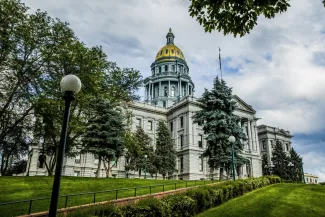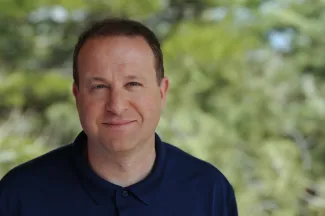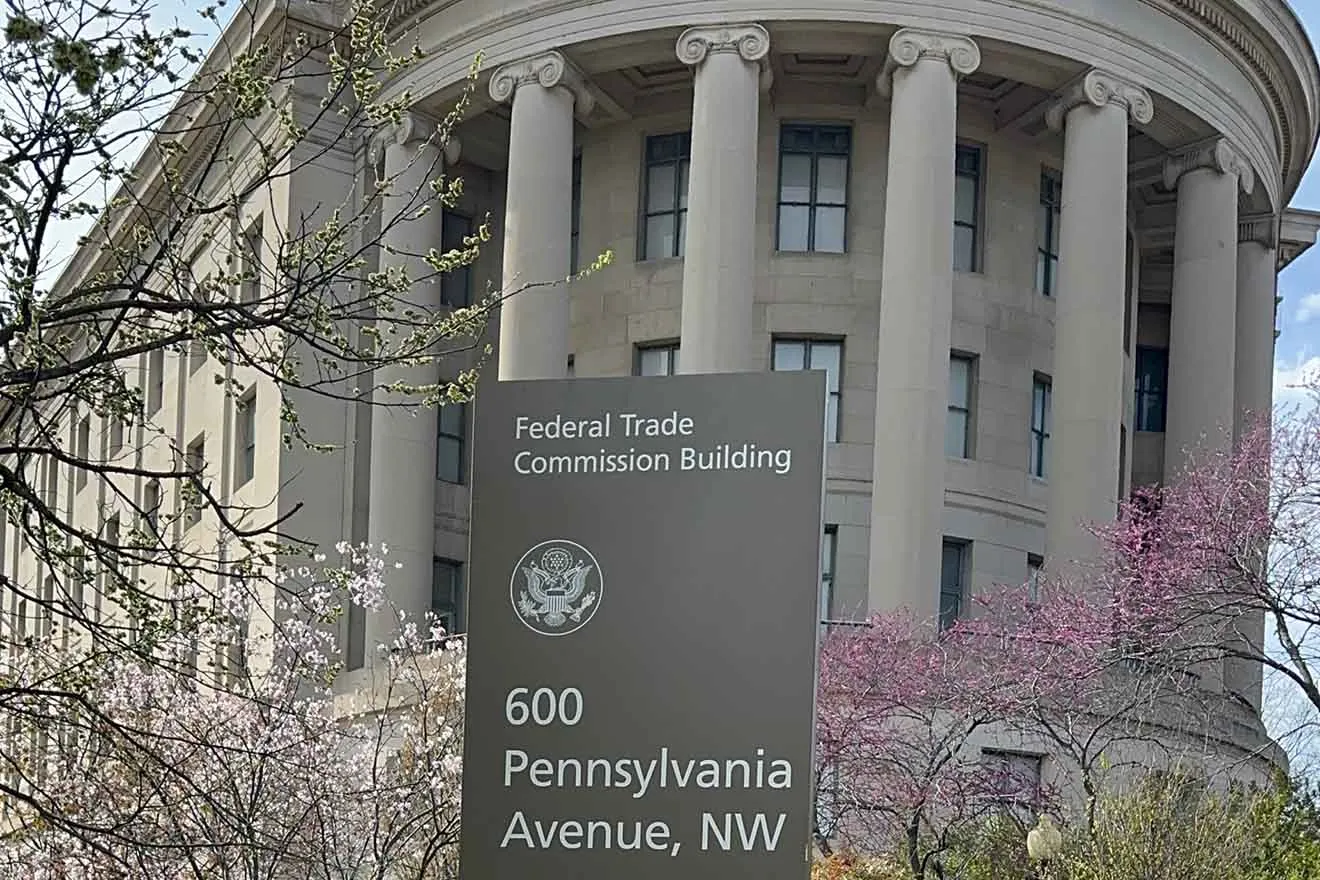
Budget crisis prompts Colorado lawmakers to explore governor-imposed cuts
© JJ Gouin - iStock-1642293566
The Colorado Legislature could consider changing how and when the governor can take sweeping action to respond to revenue shortfalls during times of economic crisis, as state economists warn of the severe budget impact from the recent federal tax break and spending cut bill.
Due to tax code changes in the Republican-backed federal law, Colorado is expected to take a $1.2 billion revenue hit in the current fiscal year, which is controlled by the budget, passed during the 2025 state legislative session, that went into effect July 1.
That leaves the state facing a $783 million budget shortfall, according to a revised estimate from the governor’s Office of State Planning and Budgeting. The office amended its estimate during a Tuesday presentation to the JBC, changing it from a previous estimate of a roughly $950 million shortfall.

© fotoguy22 - iStock - 1468912821
“What I’m hearing … is that I want the governor to be making these cuts, of whatever flavor they are, in consultation and collaboration with, at least in consultation with us as the Joint Budget Committee, and with the Legislature more broadly,” JBC Chair Jeff Bridges, a Cherry Hills Democrat, said during the meeting at the state Capitol.
The JBC, which comprises lawmakers from both parties and both legislative chambers, writes the state budget.
Though proponents of the federal law highlighted its reductions in federal government costs, Mark Ferrandino, the executive director of OSPB, said, “What the bill really does is shift significant costs to states.”
Colorado will take an especially significant revenue hit compared to most other states, Ferrandino said. That’s because Colorado has policies of automatically instituting most federal tax code changes at the state level, and the state bases its tax calculations on federal taxable income, as opposed to adjusted gross income, which many other states use.
In general, JBC Staff believes that it is prudent to make cuts sooner rather than later, so that money is not expended that cannot be recaptured. This likely necessitates some actions by the Governor’s Office before the General Assembly is in session.
The fiscal impact of the federal spending bill on Colorado’s operations have ignited rumors of a special legislative session, though Governor Jared Polis has not yet called for one. The Legislature is scheduled to convene for its next regular session in January. The Office of Legislative Legal Services Staff presented on Tuesday about the statutory powers the governor has to reduce spending.
“In general, JBC Staff believes that it is prudent to make cuts sooner rather than later, so that money is not expended that cannot be recaptured. This likely necessitates some actions by the Governor’s Office before the General Assembly is in session,” a memo from JBC staff says.
Governor’s authority
A provision of state law requires the governor to make a plan if the general fund reserve — essentially money set aside for emergencies — is forecast to be cut in half. The governor would need to come up with a strategy to get the reserve back up to at least half of what it was and then present the plan to the Legislature. The provision was last invoked in 1991.
That statute is unlikely to be triggered by the currently predicted situation, which estimates a hit of about one-third to the 15 percent reserve.

A second provision is much more broad. It calls on the governor to suspend or discontinue government services if there isn’t enough revenue to carry on the functions of state government.
“That is not as clear, obviously, as the reserve dropping below a certain dollar amount or a corresponding percentage,” said Pierce Lively with OLLS.
“The statute is silent on whether this is prospective — estimates or actuals for how much money we have — and whether that is sufficient. It’s also unclear on how this interacts with the reserve requirement,” he said.
After the governor makes that discretionary decision, they can issue an executive order to cut spending that will be in effect for three months, starting on the first calendar day of the next month. In 2002, for example, Governor Bill Owens issued an executive order to enact a hiring freeze in state government under the statute, Section 24-2-102.
JBC staff suggested to legislators on Tuesday that they change the threshold at which the governor needs to restrict spending and submit a plan to the Legislators. Instead of a 50 percent reduction in reserves, they suggested that the trigger be when expenditures cause the reserve to fall by greater than 2 percent or 3 percent of General Fund appropriations.
“That’s very consistent with the numbers that used to be the effective decline, because it used to be that your reserve was much lower. It is an extraordinary situation right now that you have a 15 percent reserve. You went through many, many years where you had a 4 percent reserve,” said Amanda Bickel with JBC staff.
Bickel also recommended adding language in Section 24-2-102 to require the governor to notify the Legislature of an impending executive order.
“Staff believes the primary near-term benefit of the proposed changes are that the JBC and General Assembly would be guaranteed to receive a plan for cuts and potentially have the opportunity to discuss them with the Governor before they are implemented,” the JBC staff memo reads.
Bridges and Senator Judy Amabile, a Boulder Democrat, requested drafting authority for a bill to tweak that reserve trigger. Depending on whether a special session is called and the scope of that session’s work, she can run the bill then or wait until the regular lawmaking term next year.

















